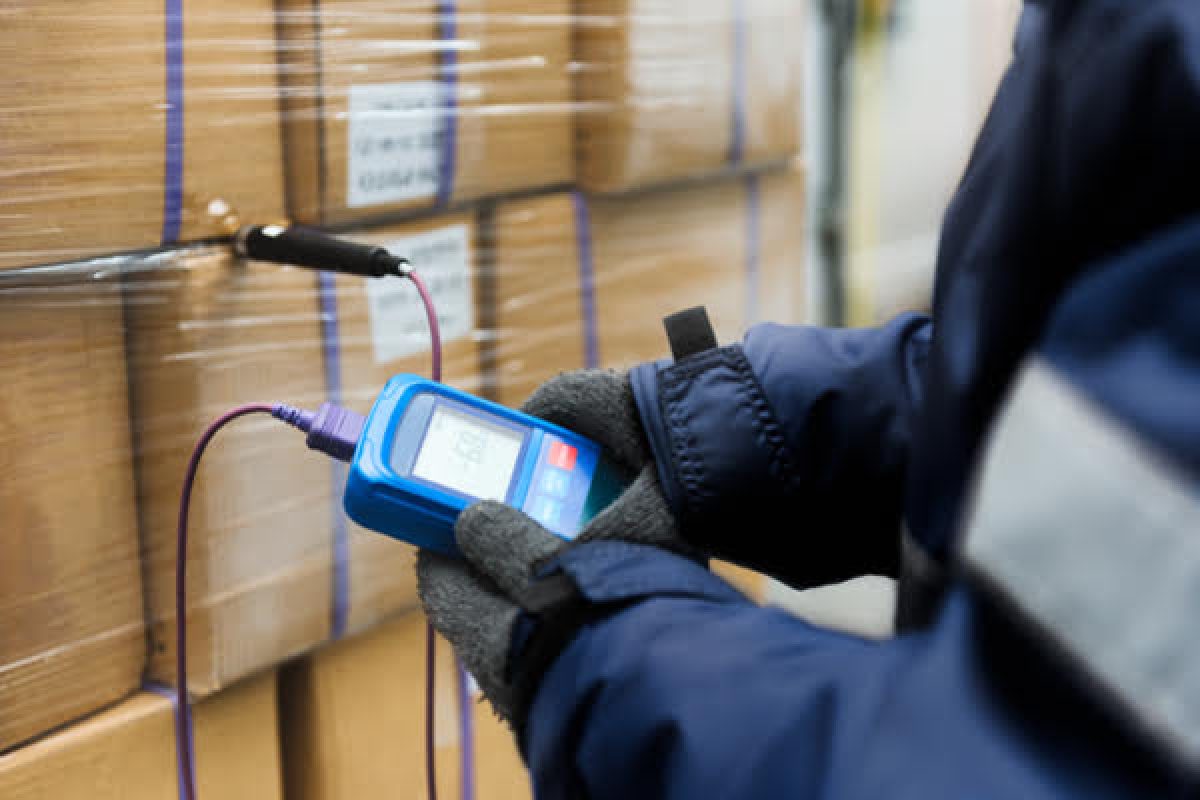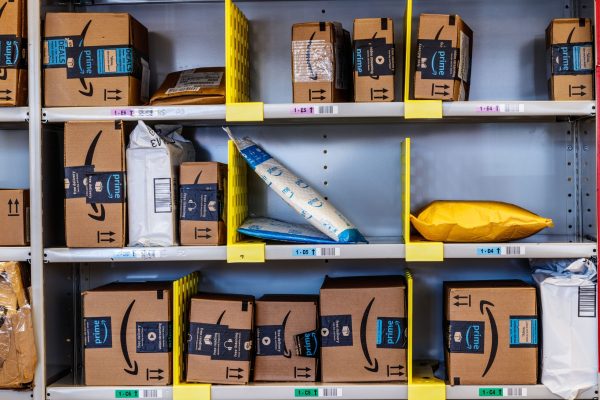Using a supply chain made up of thermal and refrigerated packaging and transportation methods, cold chain logistics requires detailed planning, specialist skills and equipment. To prevent goods from perishing, shipments must be well-coordinated, with minimal delays, and utilise refrigerated trucks and railcars, cargo ships, reefers (vans) and air freight.
Elements of the cold chain
As the pharmaceutical, medical and food industries around the world are increasingly reliant on the cold chain, it’s no surprise cold chain logistics is more important than ever. New technology and logistics processes are enabling faster and more efficient methods of cold chain logistics, but essentially the cold chain is made up of:
Cooling systems: These bring goods to a suitable temperature for processing, storage and transportation.
Cold storage: Whether waiting to be shipped or between processing and distribution, cold storage ensures the product won’t degrade.
Cold transport: Specialist vehicles which transport goods in a temperature- and humidity-controlled environment.
Cold processing and distribution: Expert handling of products prior to last-mile delivery ensuring items are kept sanitary and at an appropriate temperature whilst being packed into crates, pallets and boxes.
Why is the cold chain so important?
One reason why effective cold chain logistics is increasingly important is its ability to minimise waste. Food wastage, particularly in the developing world, is a result of poor food storage and distribution. Investing in an effective, efficient and expert cold chain can minimise waste and food degradation, so less is thrown away and production demand subsequently drops.
The cold chain has also found itself in the spotlight as a result of the COVID-19 global pandemic. Away from the cold transportation that a vaccine will require to reach people around the world, the “new normal” of online deliveries for food and, increasingly, pharmaceuticals, mean cold storage and transport to provide fresh groceries are increasingly in demand.
Sprint Logistics and the cold chain
An effective cold chain relies not just on the right equipment and highly-skilled staff, but also efficient planning; even the smallest delay can have a huge impact on perishable goods. A loss of product quality, or a spoiled shipment, can be costly for both the shipper and the end user.
Sprint Logistics’ expertise in international freight, storage and last-mile delivery enables us to provide smart supply chain solutions to clients around the world. By getting to know your business needs, our expert teams provide solutions that work for you, utilising the latest technology for tracking, monitoring and managing shipments alongside our extensive network of warehouse facilities and distribution centres.
Contact us today to see how Sprint can support your supply chain and logistics processes.




